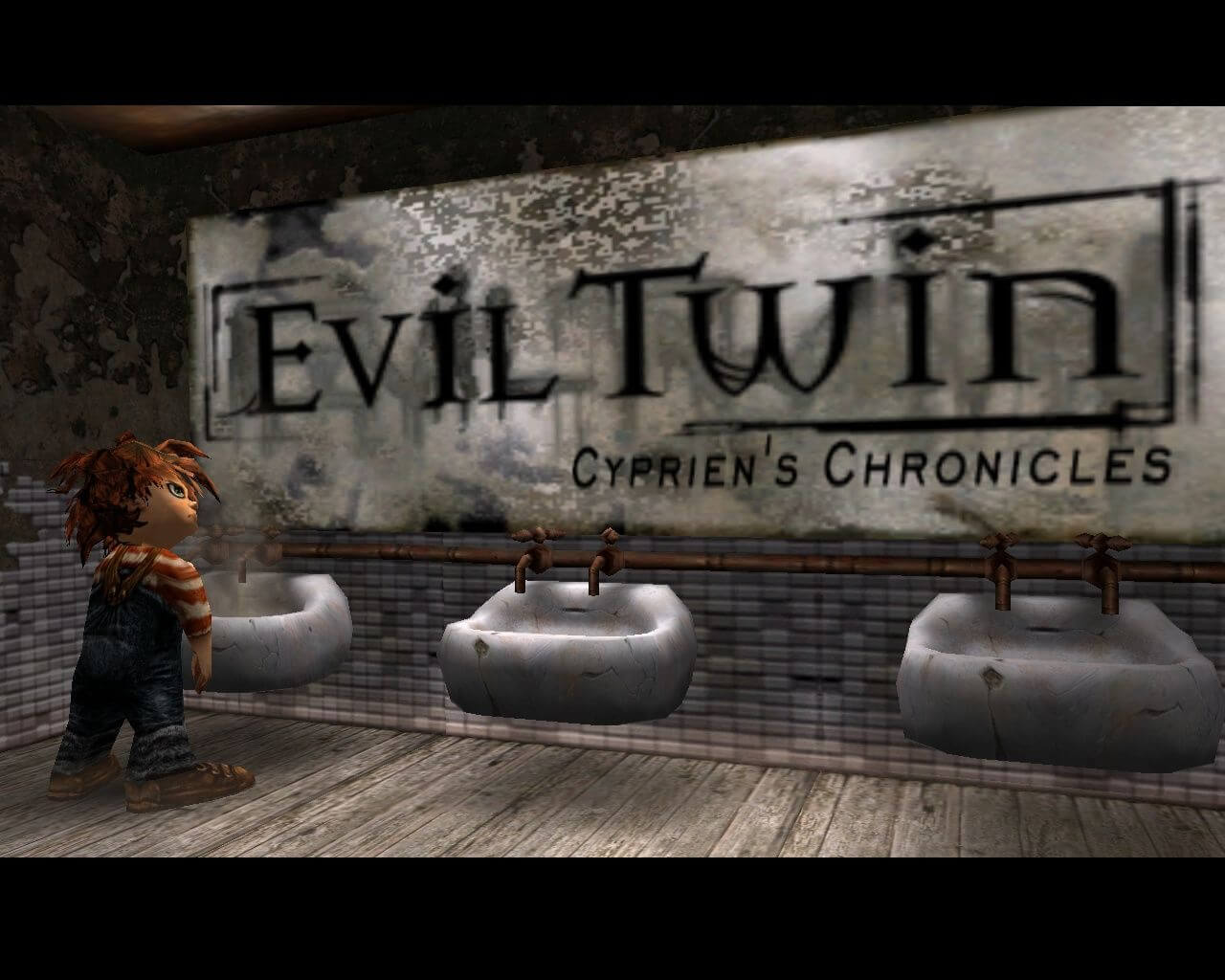

Starforce, on a regular basis, triggers this silent step down. A sure sign of this step down occurring is that the burn speeds will get slower and slower (no matter what speed you select to burn at).

In some circumstances certain drives cannot cope with this mode and it results in physical hardware failure (Most commonly in multiformat CD/DVD writer drives). Eventually it will revert to 16bit compatibility mode rendering a CD/DVD writer virtually unusable. If these problems occur, the end-user would be unware as to the cause of the problem, and would be helpless to solve the problem.įor example, here's one of the common problems brought by Starforce: under Windows XP, if packets are lost during the reading or writing of a disk, XP interprets this as an error and steps the IDE speed down. The Starforce drivers are often linked to system instability and computer crashes. Starforce has received criticism for installing its own device driver onto computers. This provides reason to believe that the next Windows generation may also clash with some Starforce versions, in which case one might not be able to play Starforce-protected games smoothly (or at all) unless updates are made available for them. While publishers can fix this trouble by releasing updates for their games, it is done very rarely. Older versions of Starforce are not entirely compatible with the 64-bit variant of Windows XP. There are also many reports from customers that say that Starforce-protected games refuse to work at all with various DVD/CD drives and notebooks. Reports about destroyed CD ROM devices, unstable or slower-running Windows systems after installing a video game (even after it was removed!), and corrupted drivers as a possible result of Starforce, have made many computer gamers wary of this copy protection technology. It installs as a hidden device driver, without the end-user's knowledge or consent. Starforce is a controversial copy-protection system,which is designed to prevent the casual copying of retail CDROM applications.


 0 kommentar(er)
0 kommentar(er)
